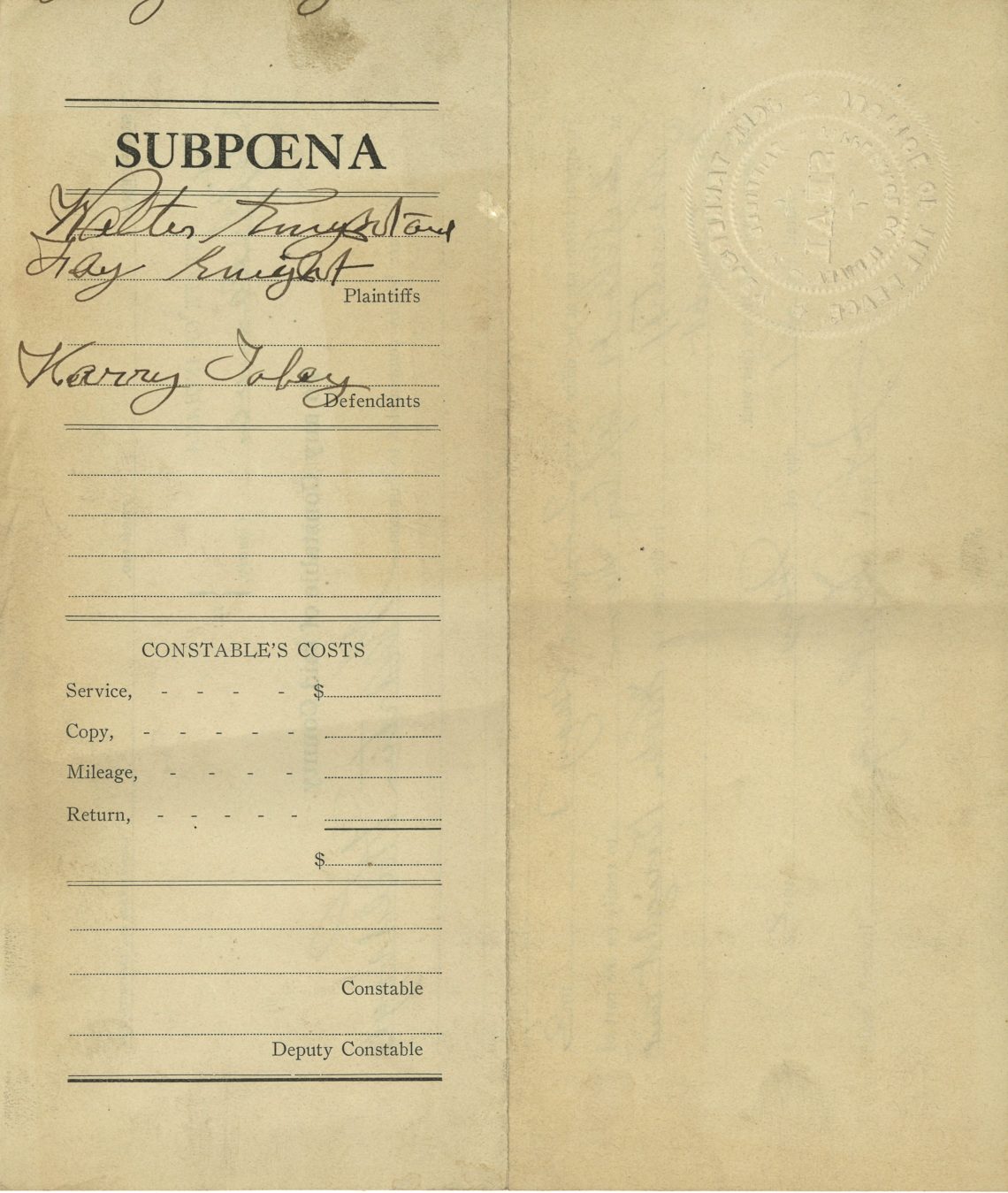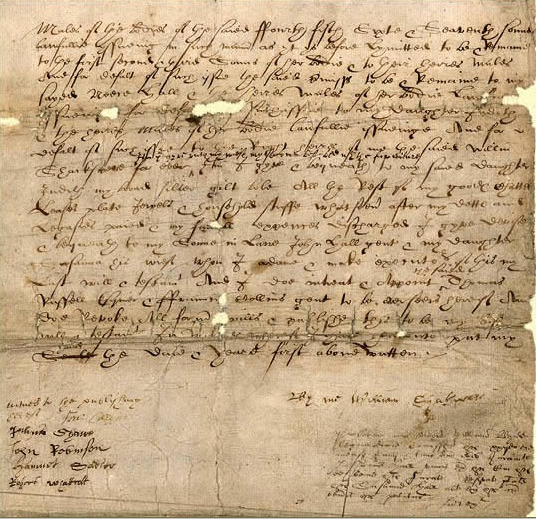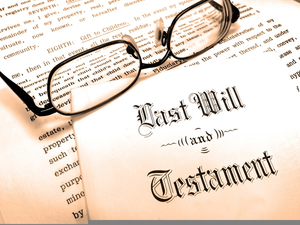A subpoena is a very useful tool for gathering information in civil litigation. They are also used in other contexts, such as by the United States Congress (for example, the congressional subpoena issued to Rudy Giuliani). A civil subpoena is a document provided to an individual or entity compelling that individual or entity to do something – either to testify or to provide documents or other forms of evidence. In North Carolina, the form and function of a subpoena is explained in Rule 45 of the North Carolina Rules of Civil Procedure.
Form and Service: What Should My Subpoena Look Like and How Do I Need to Serve It to the Recipient?
Because a subpoena is a common tool in litigation, the North Carolina courts provide a form to follow. This subpoena must first identify the action for which the information is being sought – the names of the parties, the location and division of the court, and the party seeking the information. The subpoena must also provide a command to the recipient instructing him or her to provide the relevant evidence. This can be in the form of oral testimony, where the recipient is required to appear at a particular time and place and testify, or in the form of documents, electronically stored information, or other evidence. A subpoena can also command the recipient to testify and produce documents or other evidence.
The party serving (or sending) the subpoena must also be aware of the permissible methods of service. A subpoena can be served by a sheriff, sheriff’s deputy, coroner or authorized process server. North Carolina, unlike some other states, does not require a process server to be licensed or registered to have the authority to serve documents such as subpoenas; however, North Carolina gives strong preference to service by sheriff, if personal service is attempted. Alternatively, a subpoena can be served by registered or certified mail, with return receipt requested. Finally, for a subpoena seeking oral testimony, service can be accomplished by telephone by a sheriff, designee of a sheriff, or authorized process server.
Additionally, the party serving the subpoena must also provide copies to all other parties to the litigation.
Obligations to Respond and Protections Afforded to the Recipient
You received a subpoena. It follows the appropriate form and was served by an appropriate method. Now what? A subpoena is issued with the authority of the court; therefore, generally, the recipient must respond as instructed. If you receive a subpoena to produce documents, the recipient should produce the requested documents either in the form and/or categories indicated in the subpoena or, if no specific instructions regarding form are provided, in the form they are kept in the usual course of business.
The recipient has the right to object to a subpoena, in whole or in part, but must provide a basis for his or her objection. For example, the recipient can object to a request for documents because of undue burden or cost in obtaining and producing them. Additionally, a recipient could object if certain documents are protected by attorney-client privilege. Any objection can be challenged by the party issuing the subpoena, so the recipient should only object when he or she has a legitimate basis to do so and states specifically why he or she cannot respond as requested.
The recipient may also move to modify or quash a subpoena if he or she does so within ten (10) days of service of the subpoena, or if he or she does so before the deadline to respond to the subpoena, provided the deadline is less than ten (10) days.
Is There a Penalty If I Fail to Respond?
Any individual or entity who fails to respond to a subpoena, without a legitimate excuse, may be in contempt of court. The party serving the subpoena can compel a response, and the issuing court is permitted to award costs and attorneys’ fees to the party serving the subpoena if the recipient unreasonably objected to, moved to quash, or moved to modify the subpoena.
A subpoena is a valuable tool in the litigator’s toolkit. Understanding how to draft and serve a subpoena, as well as understanding the obligations and protections for the recipient, are important in ensuring a fair and efficient court process.
If you have questions regarding issuing or responding to a subpoena, please call us at (704) 457-1010 to schedule a consultation. For more information regarding our firm, attorneys, and practice areas, please visit https://lindleylawoffice.com/.





